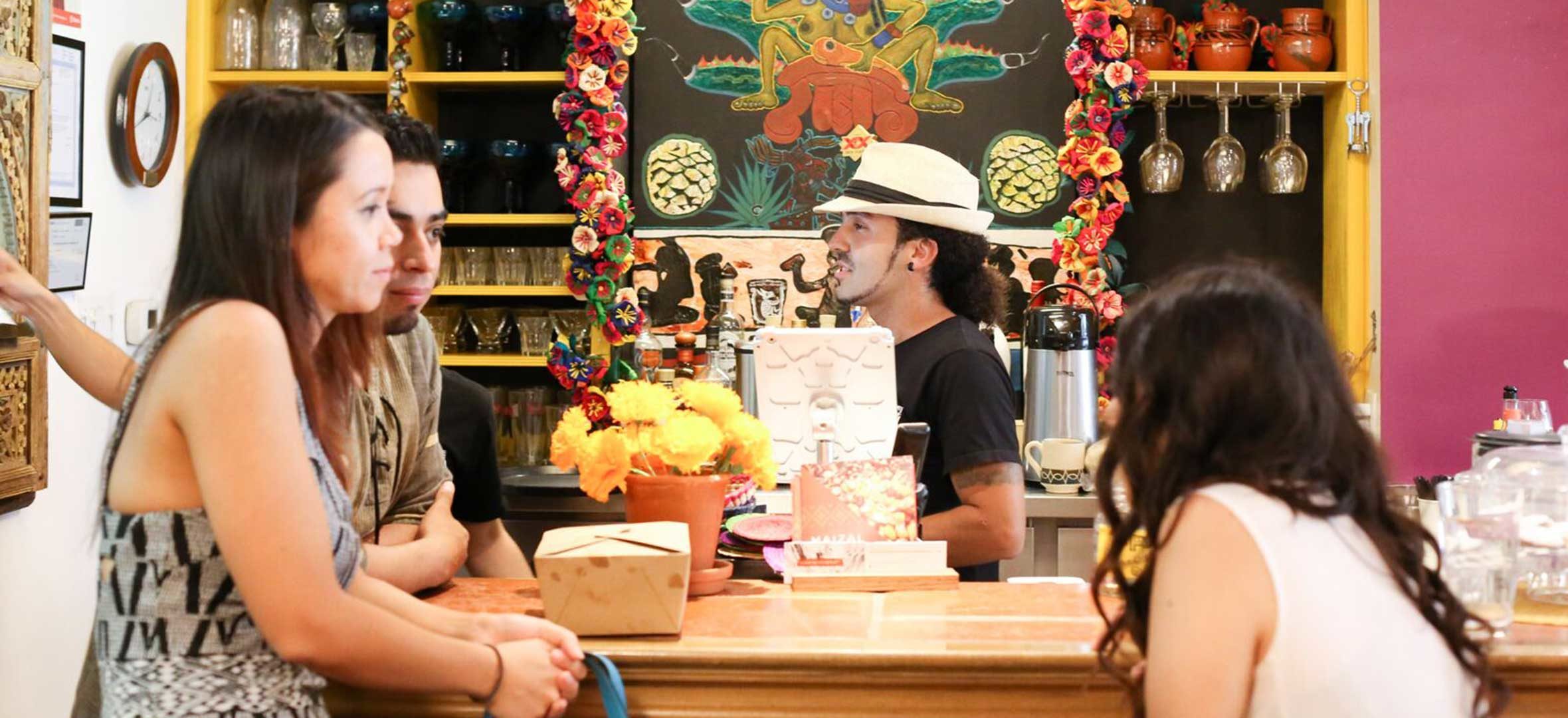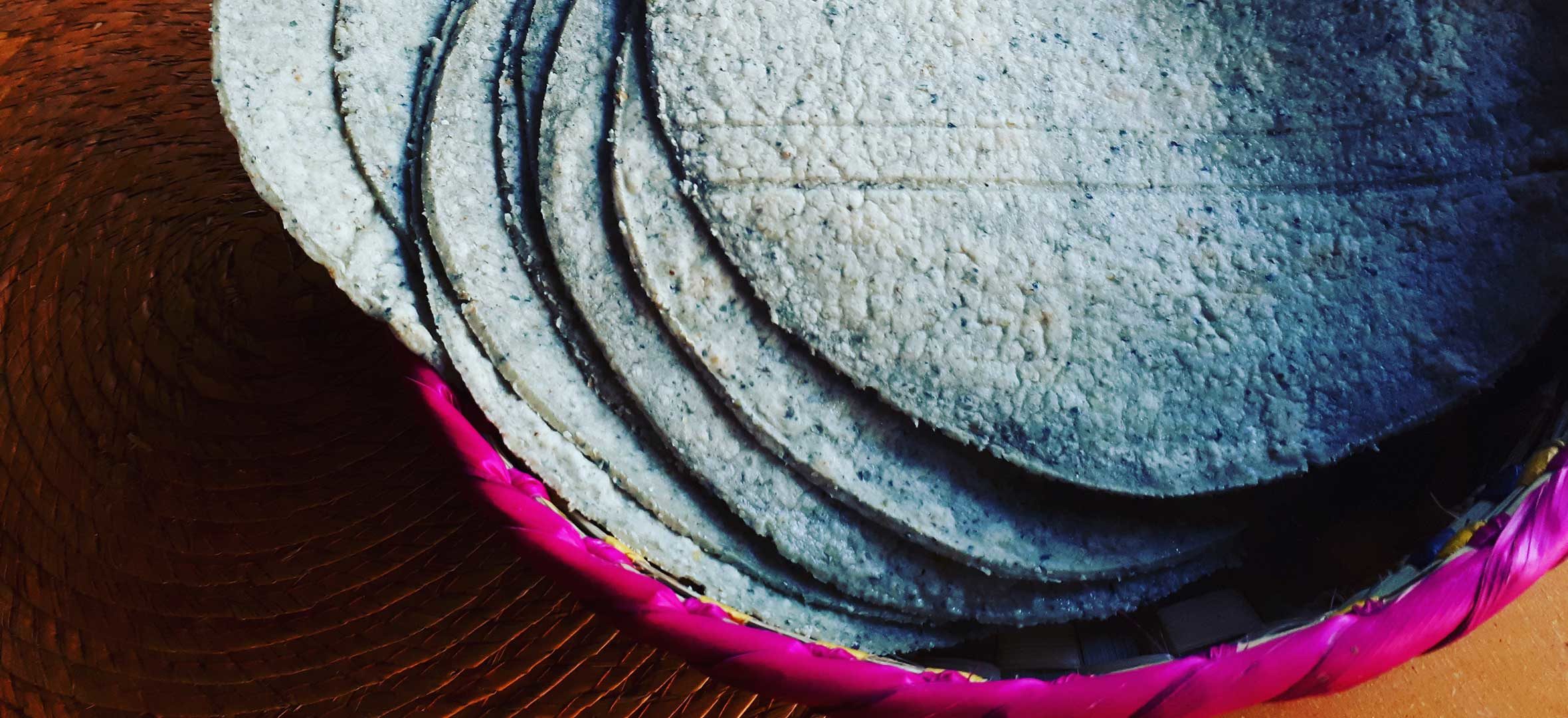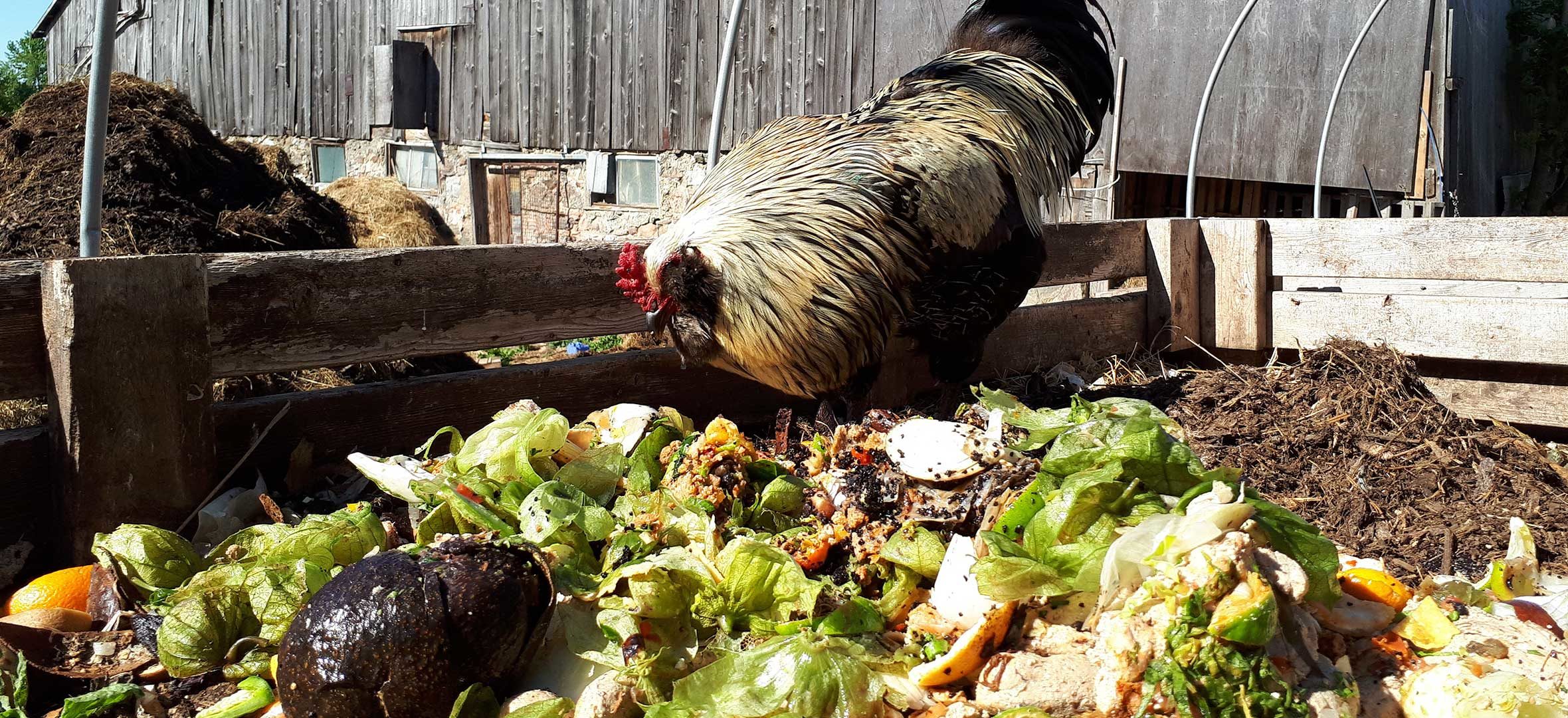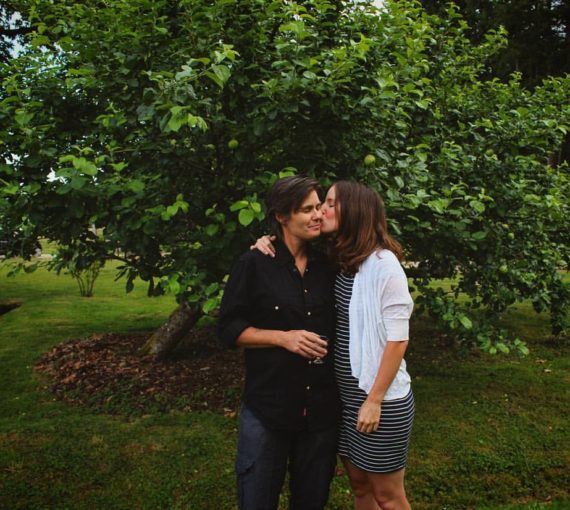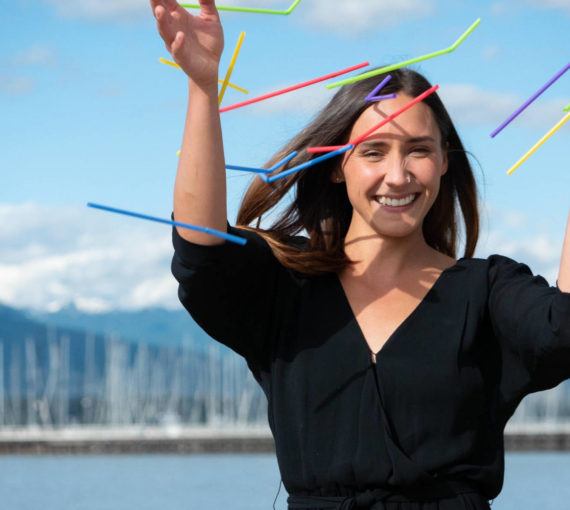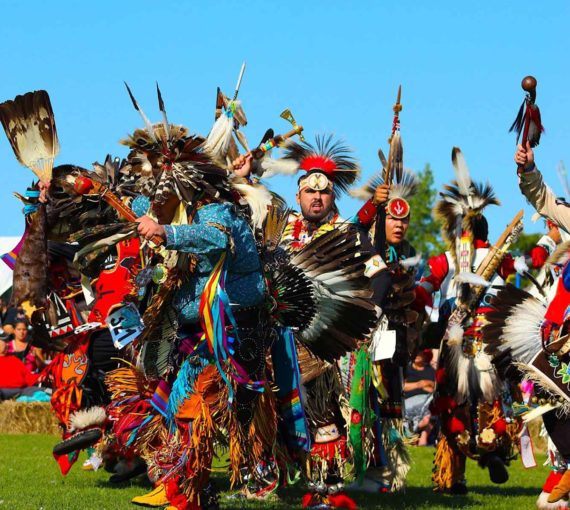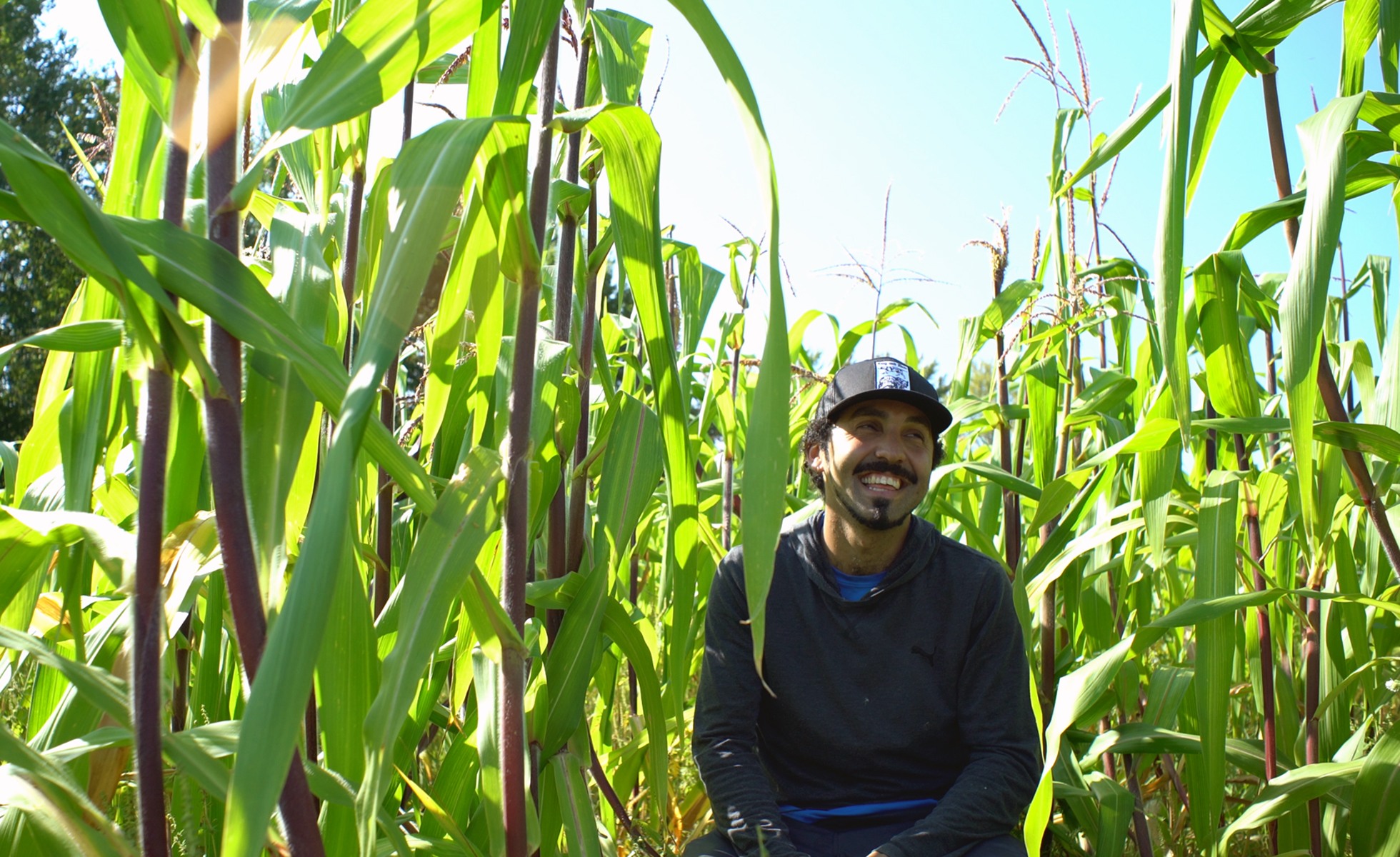
Ivan Wadgymar sitting amongst his award winning corn.
Born in Toronto, Ivan Wadgymar often travelled to Mexico in his late teens and early adult life, to see family and friends and uncover his roots, including his food roots. He spent a lot of time in the countryside learning about maize cultivation and hanging out with amaranth growers or friends who had mastered the art of making cactus tortillas. He planted his first seed in a community garden in Maloca Gardens at York University more than ten years ago. His farm-to-table restaurant, Maizal, is one of the first zero-food waste restaurants in Canada. In 2015, he won the Ontario Premier’s Award for Agri-Food Innovation Excellence.
“In a world of more than seven billion people, each of us is a drop in the bucket.
But with enough drops, we can fill any bucket.” — David Suzuki
One of your philosophies is “everything starts with a seed.” Please explain.
Some chefs only care about the condition of food once it shows up in their kitchens. Our philosophy is that food starts in the ground as a seed. We work closely with farmers, who supply us with large volumes of produce such as tomatillos, beans or tomatoes from here in Ontario, or amaranth in Mexico. This gives us an intimate relationship with the land, respect for the food-growing process and better quality control over our product, from seed to table.
Is food access different for Indigenous and minority communities?
Why are the healthiest, organic foods the most expensive? When large corporations co-opt “organic,” “non-GMO” and “local,” they take away part of our sovereignty and food security. Indigenous Peoples and other minorities in Canada have little say in this, and end up with access only to junk food and unhealthy processed foods, which are the most affordable thanks to an industrial food system geared to cutting corners throughout the food chain to make products as cheaply as possible. These people likely have some of the most intimate relationships to making and eating food and to the land. Ironically, they’re the most deprived of that experience in Canada’s recent history.
What’s the philosophy behind Maizal?
Maizal is farm-to-table and back-to-farm. We proudly set aside all our food scraps and leftovers and take them to the farm every week. First the farm animals (ducks, chickens, turkeys, sheep, donkey, pigs and dogs) get to pick through their preferred foods. What they don’t eat gets turned into good quality compost, which we apply back to the land to nurture our plantings. It’s a closed-loop economy. We put our health and environmental values before profit. Scale plays a big part. Small businesses such as ours can stand up for our beliefs. And if we don’t stand up for them, if we don’t remove genetically modified crops from our food selections, and if we don’t save our own seeds and pay homage to our ancestors, who will?
We put our health and environmental values before profit. … Small businesses such as ours can stand up for our beliefs.
Ivan Wadgymar, Maizal
Should Canada’s food cultivation, production and distribution change
An important step in Ontario that I’m sure applies to the rest of Canada is to prohibit development on good agricultural land. Urban sprawl keeps reaching further, but subdivisions don’t have to pop up on high-grade agricultural soil. We’re erasing our ability to grow food locally. This will have all kinds of impacts on future food security. The food system can also benefit from having more small businesses such as ours processing and producing for our communities.
What compelled you to share Mexican cultural and culinary traditions through your restaurant?
My long stays in Mexico and my parents encouraging me to participate in cultural stuff in Canada were my entry points. I turned my Mexican vacations into cooking and recipe-absorbing trips, and later into agricultural and ceremonial investigations as well. My heritage has always been a strong part of my persona. The restaurant has been a sort of vessel to keep expressing all the traditions and parts of my life that honour Mexico. Literally, we “keep it real.”
What advice would you give to others wanting to reconnect to their food systems and sources?
Go to the source. Turn over rocks, prod, ask questions and dig deep to find where things come from, how they impact us and what can be done to create change, if necessary. Don’t look too far — find answers in your heritage and what your ancestors left behind. And if you’re not sure where to start or what direction to take, just GROW FOOD.
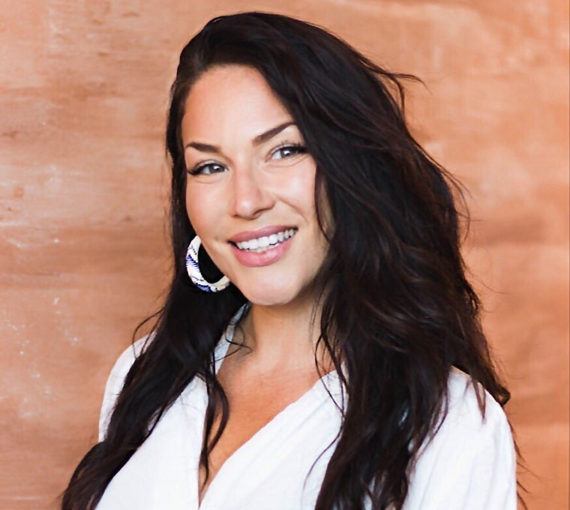
Nikki Sanchez
Nikki Sanchez is a Pipil/Maya and Irish/Scottish academic, media maker and environmental educator. After two years as David Suzuki’s Queen of Green, she partnered with Telus STORYHIVE on the first ever mentorship funding for emerging Indigenous filmmakers. She also helped create RISE, an eight-part VICELAND documentary series on global Indigenous resurgence, which debuted at Sundance in February 2017 and received global critical acclaim, including Best Documentary at the Canadian Screen Awards.
